Baby HA, Ms. TH’s son, showed signs of tonsillitis when he was only a few months old. For the past three years, he has been constantly sick with fever, and has had to take antibiotics 6-7 times a year because his tonsils often fester. The swollen tonsils make him eat poorly, vomit easily, cry during the day, have trouble sleeping at night, wheeze, and even have temporary apnea, causing the whole family to panic.
“The baby snores very loudly. Two or three times a night, the baby suddenly can’t breathe, is startled, and is very scared, so he hugs his mother tightly, forcing her to use her head and arms as a pillow, hugs her tightly, and clamps her legs tightly. I toss and turn and can’t sleep almost all night. It’s been a very difficult few years,” Ms. TH shared.
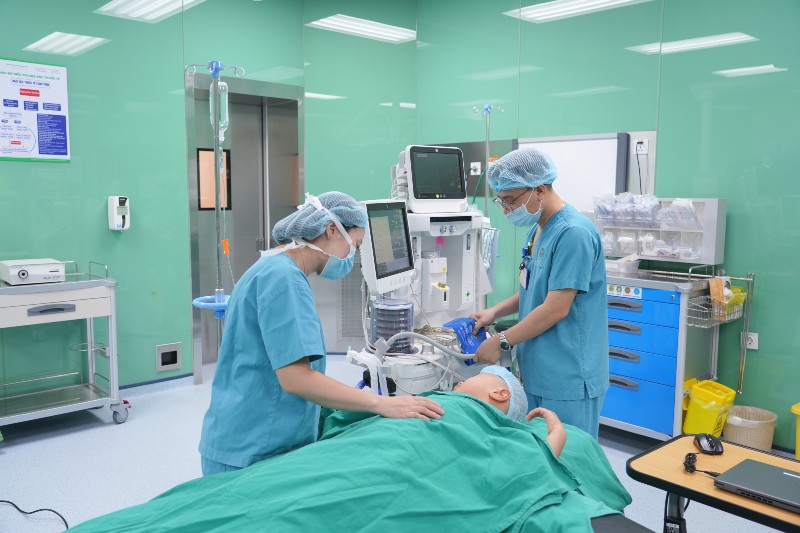 |
| Baby A. had tonsillectomy in a modern one-way sterile operating room. |
Knowing that prolonged tonsillitis would seriously affect her child's health and development, she still hesitated to have surgery because her child was too young, afraid of pain and worried about post-operative complications. It was not until her child ate less and less, slept less, was irritable and had a noticeable slow weight gain that she decided to take her child to Hong Ngoc for a check-up.
Here, the baby was directly examined by Master, Doctor Nguyen Xuan Quang, Head of the Department of Otorhinolaryngology and Head and Neck Surgery. Doctor Quang was also the one who successfully performed thyroid surgery on her a year ago, so she had great confidence that the doctor would completely cure her child's illness.
“At first, the grandparents were also worried because the baby was only 3 years old, but after the doctor carefully analyzed the baby's condition, the indication for surgery, the treatment method and the specific recovery process, the whole family agreed,” Ms. H expressed.
“In the case of child A, tonsillitis recurred many times and progressed to chronic tonsillitis. In this situation, tonsillectomy is a reasonable indication and should be considered early. If left untreated, chronic inflammation can affect sleep quality, cause daytime fatigue, and impair the child’s physical condition,” said Dr. Quang.
Baby A. was assigned to have his tonsils removed with a Coblator knife. This technique uses high-frequency radio waves in a water environment to remove the tonsils at low temperatures, helping to limit damage to healthy tissue, reduce pain, reduce bleeding and speed recovery.
The surgery was performed in a one-way sterile operating room system at Hong Ngoc, under close supervision of the anesthesia and resuscitation team and strict post-operative care standards.
“For young children, choosing a minimally invasive surgical method with minimal pain is very important. The Coblator knife is the right technology in this case, thanks to its ability to cut and burn with radio frequency waves at low temperatures, helping to limit damage to surrounding tissue and not cause deep burns like traditional electric knives.
The doctor will combine irrigation techniques during surgery, supporting the formation of a pseudomembrane quickly and shortening the healing time. Normally, children only need to stay in the hospital for about 24 hours after surgery," Dr. Quang shared.
Just a few hours after surgery, baby A. was able to eat and drink lightly. A day later, the baby was discharged from the hospital in a healthy state, without fever or snoring. A week later, at a follow-up visit, the surgical wound had healed nicely, with no signs of infection or complications.
 |
| Baby A. plays well and sleeps well after surgery. |
Ms. TH happily shared that she did not expect the surgery to be so easy. Her child did not complain of pain and slept straight from evening to morning. Seeing her child eat well, sleep peacefully, and no longer snore, she felt as if she had lifted the burden of the past three years. Since her child's surgery, her whole family has been able to sleep soundly.
Tonsillectomy is one of the most common ENT surgeries. A quick recovery depends largely on proper diagnosis, modern surgical technology, and a standard care environment.
At Hong Ngoc Hospital, the entire tonsillectomy procedure is performed under strict sterile conditions, safe anesthesia, comfortable inpatient care, suitable for children to rest. The Institute also strictly adheres to international standards - especially ACHSI (Australia), one of the world's leading prestigious certifications for hospital quality and safety.
Make an appointment at the ENT Department - Hong Ngoc Hospital: 0912 002 131.
Source: https://baodautu.vn/giup-con-ngu-ngon-sau-3-nam-mat-ngu-vi-viem-amidan-lien-tuc-tai-phat-d296148.html



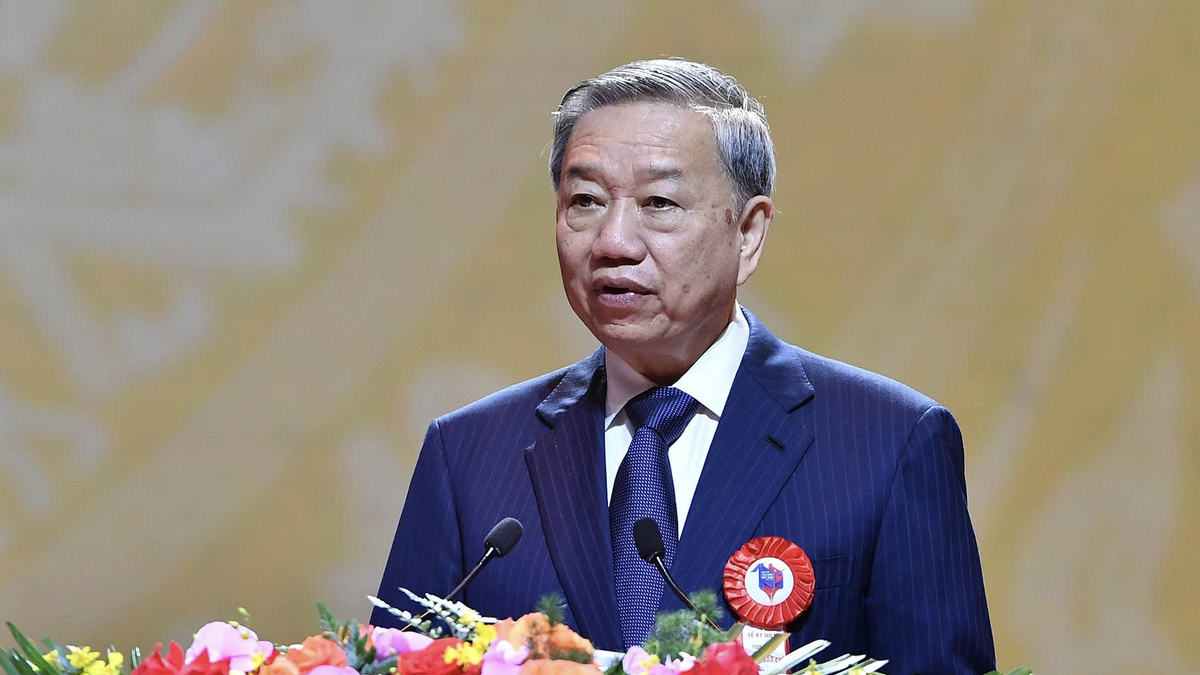










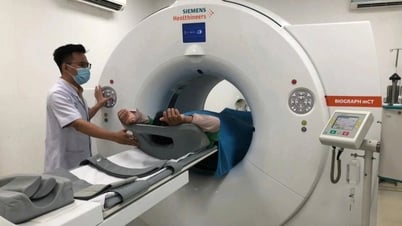













![[Photo] Central Propaganda and Mass Mobilization Department meets with exemplary journalists](https://vphoto.vietnam.vn/thumb/1200x675/vietnam/resource/IMAGE/2025/6/21/9509840458074c03a5831541450d39f8)




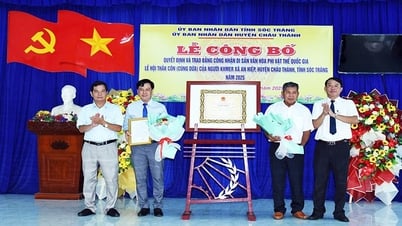









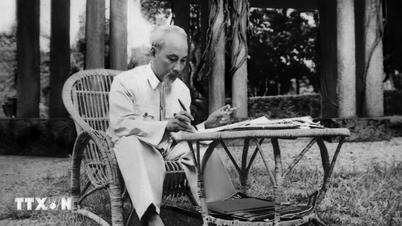









![[Maritime News] Wan Hai Lines invests $150 million to buy 48,000 containers](https://vphoto.vietnam.vn/thumb/402x226/vietnam/resource/IMAGE/2025/6/20/c945a62aff624b4bb5c25e67e9bcc1cb)












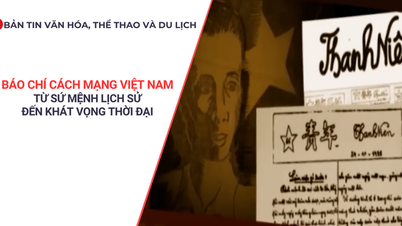






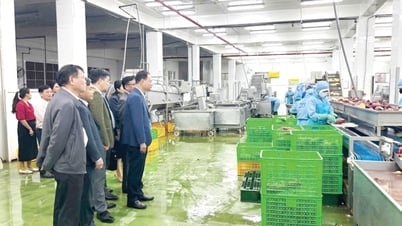



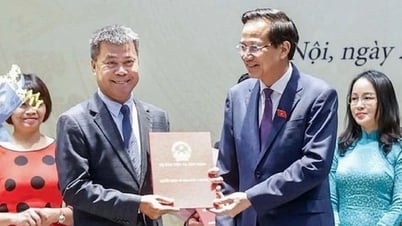














Comment (0)